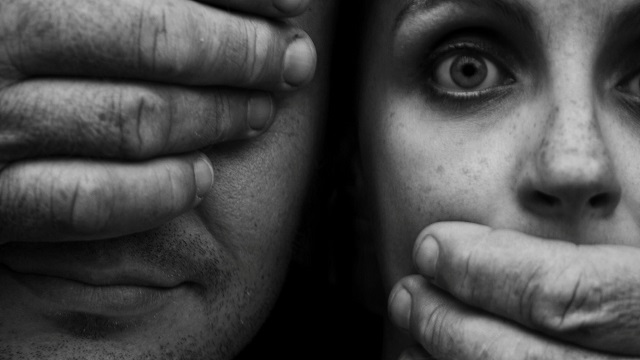The expression “cruelty” has not been defined, however Section 13(1)(ia) of the Hindu Marriage Act 1955, provides: 13 Divorce — (1) Any marriage solemnised, whether before or after the commencement of this Act, may, on a petition presented by either the husband or the wife, be dissolved by a decree of divorce on the ground that the other party; (ia) has, after […]
